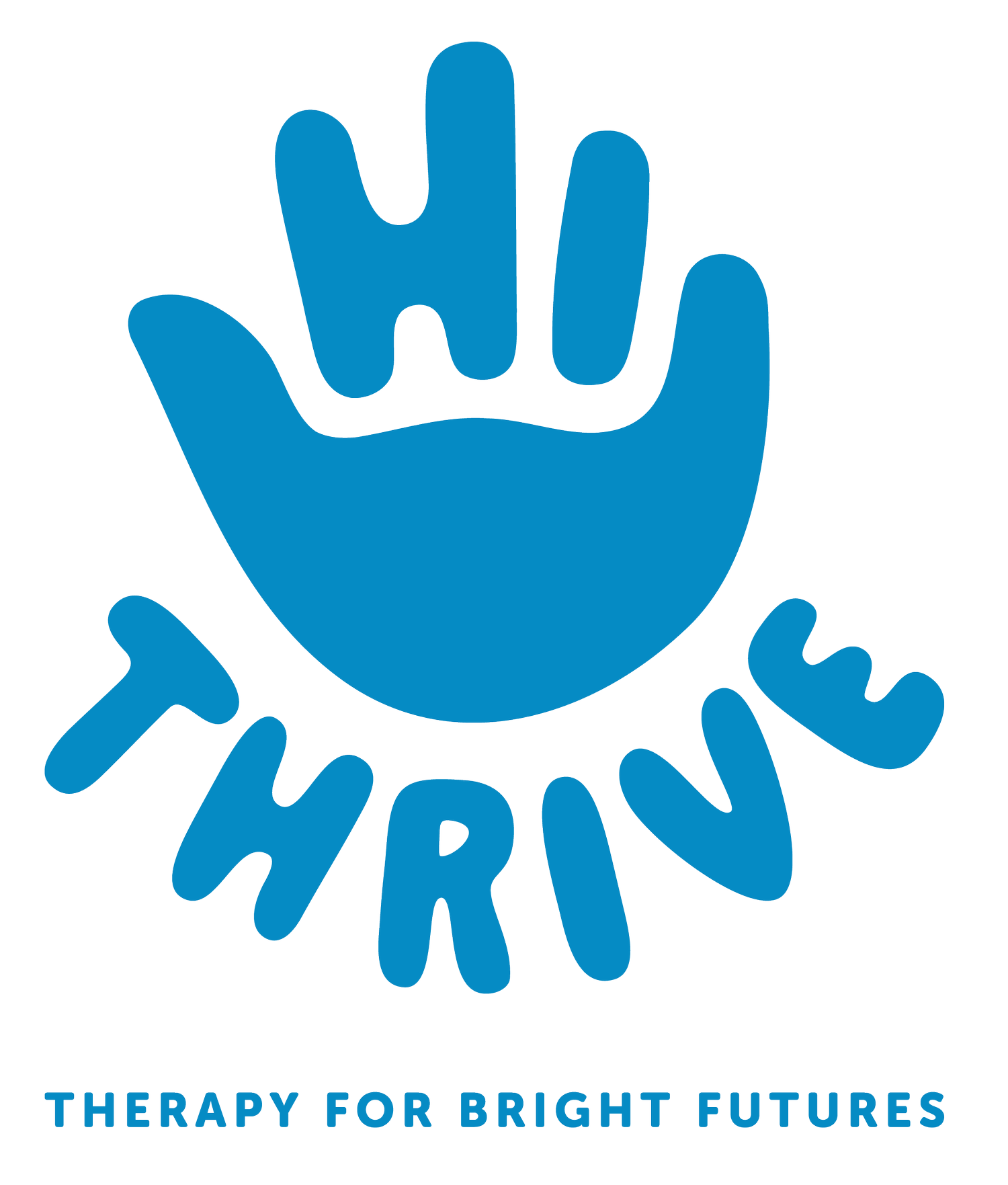What does it mean to be neurodiversity affirming?
Neurodivergent children, for example those with ADHD or autism, have a brain structure and chemistry that is fundamentally different from typical brains (or neurotypical brains). Navigating the healthcare system for a neurodivergent child can be challenging. Often, traditional assessments and therapies are designed to "correct" neurodivergent traits, focusing on perceived deficits rather than celebrating the child's unique strengths.
At Hi Thrive, we are committed to a neurodiversity-affirming approach.
What Does Neurodiversity Affirming Mean?
To us, neurodiversity affirming means recognising and valuing neurodivergent brains as natural variations of human diversity. We assess and support the whole child, focusing on their strengths, talents, and interests, rather than just their challenges or symptoms.
Tailored Assessments
Our assessments are personalised, considering each child’s developmental history, family dynamics, and cultural background. We employ a variety of tools and methods, such as standardised tests, observations, interviews, and reports from parents and teachers. We provide feedback and support to families and teachers, helping them understand and nurture the child’s neurodivergent brain. We also offer direct feedback to the child or adolescent and sensory toys, creating a positive and supportive environment.
Neurodiversity Affirming Therapy
Our therapy services are rooted in evidence-based practices and are tailored to be neurodiversity affirming. We utilise a variety of modalities, with child-led play guided by the child’s unique interests being fundamental to our approach. Our therapies are designed to respect and integrate the sensory needs and differences of neurodivergent individuals, empowering them to build self-advocacy skills for use in their everyday environments. Additionally, we offer parent coaching to help caregivers better understand and respond to their child’s needs.
Our Commitment to Families
We believe that affirming assessments and therapy can significantly enhance a child’s mental health, academic performance, and social interactions. By providing a safe, supportive, and affirming environment, we help children and their families embrace their unique strengths and celebrate their individuality.
